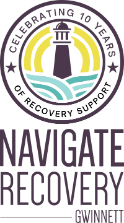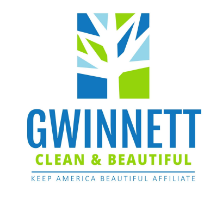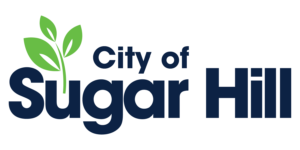Navigate Recovery Gwinnett was launched in 2015 with the mission to serve individuals and families impacted by addiction by connecting them to the support they need and removing barriers that prevent them from getting well. This Recovery Community Organization (RCO) is led by Farley and Susan Barge who both in long term recovery, as are some of their family members.
In September, Navigate Recovery launched Safe Harbor, an Addiction Recovery Support Center, which offers many support services for those who are impacted by addiction-not just the person dealing the addictive behavior, but the family, friends, significant others and those who support the recovery lifestyle. Due to the support of the Department of Behavioral Health and Developmental Disabilities, foundations, businesses, faith communities and individuals these supports services are available at no charge for the people who need them. And according to the most recent findings of the CDC, more and more families continue to be affected, not only by the opioid epidemic, but by addictions to other drugs as well.
The support services at Safe Harbor are varied and individualized to assist people in finding their pathway to recovery and in maintaining it long-term. Significant others can also enter the recovery journey, even if the person struggling with addiction is not yet ready to seek help. Support could include individual or family recovery coaching sessions, educational recovery groups, support groups and training opportunities. There are also drug and alcohol free social activities, and artistic expressions. There are community education opportunities such as Mental Health First Aid, the Science of Addiction and Recovery, Addiction and Grief, and many other valuable opportunities to learn, grow and support recovery.
Navigate Recovery also serves in local Emergency Departments through the LIFELINE Recovery Coach program. When these hospitals call, a LIFELINE Coach is dispatched 365 days a year, 24 hours a day. These coaches connect with the person who may have overdosed on opiates or is high risk due to other substance abuse. These peer coaches connect with the patient offer resources and follow up with the patient for a year. They also offer information to any support person at the hospital with the peer.









